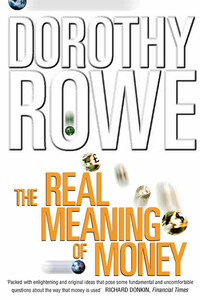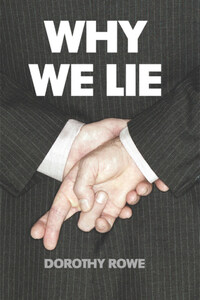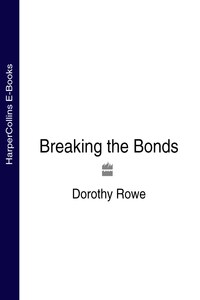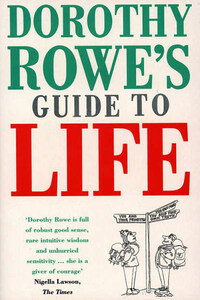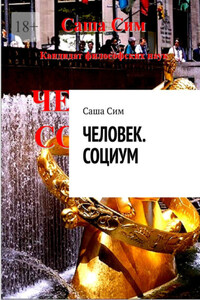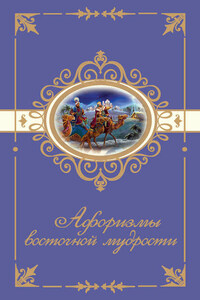Money alone sets the world in motion.
Publilius Syrus, first century BC>1
You, oh money, are the cause of a restless life! Because of you we journey towards a premature death; you provide cruel nourishments for the evils of men; the seed of our cares sprouts from your head.
Propertius, first century BC>2
With money in your pocket, you are wise and you are handsome and you sing well too.
Yiddish Proverb>3
Such is the power of money. It makes the world go around. It is the source of all evil. If makes life worth living, or at least it cushions misery.
Moneyâs power has been recognized ever since it entered the human world and now there is no part of that world where it has not penetrated. Isolated tribes who have no use for money now find that the effects of money â the demand for land and the landâs products â are stealing their land from under their feet and bringing misery. Moneyâs effects can be found even where there are no people. A seal in the Antarctic that has never seen a human being now has traces of man-made pollution in its blubber.>4
Deploring money and its effects is a treasured occupation for those people who like to feel virtuous. Doing so is as useful as deploring the fact that we need air to breathe. We cannot go back to living without money any more than we can go back to living without telephone connections and computers. Computers nowadays communicate with one another more frequently than people communicate with one another. World trade depends on computers talking to one another. Close down all the computers and weâll starve. Try to abolish money and weâll perish in chaos.
Money is now quite beyond human control. Governments do not control their countryâs money, though they like to pretend they do. True, there are some immensely wealthy individuals and international corporations whose actions briefly can have some noticeable effects on the world economy, but there is no one individual or corporation who can claim to understand, much less direct, the universal, changing pattern of money and its effects.
We all worry about money. Most of us worry about money solely in personal terms. We think, âWhere can I get some money?â or âHave I got enough to last to pay day?â or âHow can I make myself financially secure?â An increasing number of us put our personal worries about money into an international context. As well as worrying whether weâre using our money wisely weâve learned how to worry about the derivatives market and what the big players in this market might be up to.
People who see themselves as big players want to believe that, while they may not be able to control the money markets, they do have the experience and guile to predict which way the markets will go. Some people, like those called Market Wizards,>5 do do well, but such skill cannot be based solely on a good head for numbers and a thorough knowledge of statistics. Movements in the money market cannot be encapsulated in those statistical methods based on the notion that one or two events go on to cause one or two effects. Such methods can demonstrate that if the coffee crop fails prices of coffee are likely to rise. But if other events occur, such as a tribal war in central Africa, a revolution in Brazil, a research finding in the USA linking coffee and cancer, and a drugs cartel investing heavily in coffee in order to launder its money, predicting changes in the price of coffee becomes a much more chancy business.
The only statistical methods which seem to offer the possibility of reflecting the world movements of money are those developing out of the mathematics of chaotic systems and fractal geometry. The definition of a chaotic system as one where the slightest change in starting conditions leads to completely different results applies remarkably well to the movements of money in the world markets. Sadly, such an understanding does not help those people who wish to predict such movements. Scientists used to believe that if they could identify all the starting conditions and measure them absolutely accurately, then feed their figures into the right equations, they would discover the history of the universe and its future. Now they know that they can never measure accurately all the starting conditions of a large system, be it physical or economic, yet the slightest inaccuracy in measurement can lead to wildly inaccurate predictions. Even if it were possible to identify all the factors that played a part in the market at any one time, it would take months, perhaps years, to measure them accurately, and by then different factors would be playing their part.
